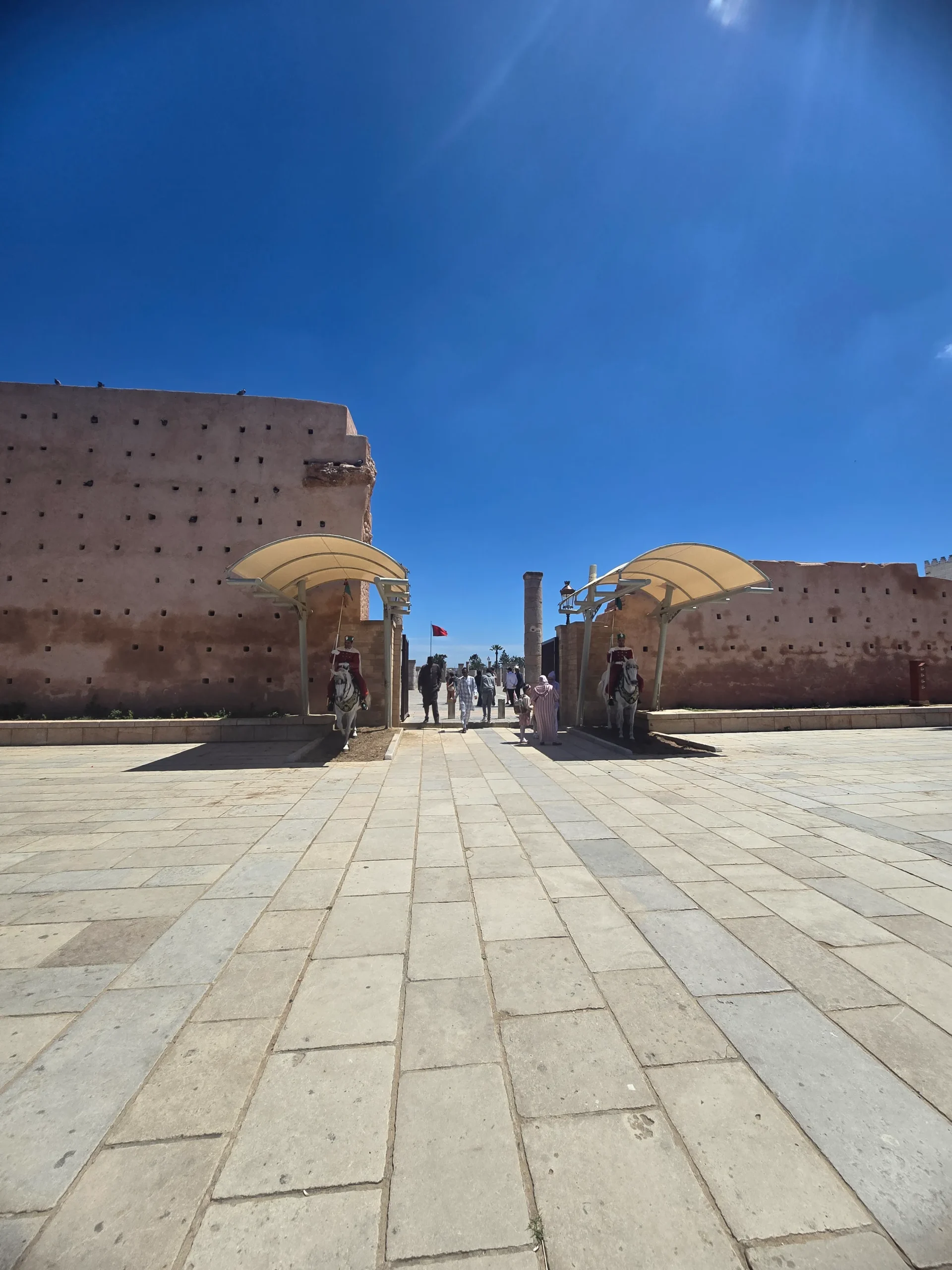
visa to visit morocco
Do I Need a Visa to Visit Morocco?
Each year, approximately one and a half million American citizens travel to Morocco, making it one of the most sought-after destinations. Whether you’re planning a short or long-term stay, it’s essential to understand the visa requirements for Morocco. This guide provides all the necessary information about obtaining a visa for Morocco and the types of visas available. get a Visa to Visit Morocco
Visa Requirements for U.S. Citizens
Generally, U.S. citizens do not need a visa for short visits to Morocco. However, it’s important to understand the different visa types and their specific requirements.
Visa-Free Entry for Short Stays
American citizens can visit Morocco without a visa for up to 90 days for tourism, business, or other short-term purposes. Ensure your passport is valid for at least six months beyond your intended stay.
Morocco Visa Types and Requirements
When planning a trip to Morocco, consider the specific rules for different types of visas, such as tourist, business, and student visas. Here are the key details for each:
Tourist Visa
For American tourists, a visa is not required for stays of up to 90 days. If your stay exceeds 90 days, you must apply for a tourist visa. The requirements include a completed visa application form, a valid passport, two passport-sized photographs, accommodation details, and your itinerary. Apply early to allow time for processing.
Business Visa
A business visa is required for those visiting Morocco for business purposes, such as meetings or negotiations. You’ll need a letter of recommendation from your employer or the organization covering your expenses. Ensure you apply early, as processing times can vary.
Student Visa
International students planning to study in Morocco need a student visa. The validity of this visa matches the duration of the academic program. Requirements include a completed visa application, a valid passport, photographs, and an acceptance letter from a Moroccan educational institution.
Visa-Free Travel to Morocco
While American citizens typically do not need a visa for short stays, citizens of several other countries also enjoy visa-free entry to Morocco for up to 90 days. These countries include:
- Albania, Andorra, Argentina, Austria, Belgium, Brazil, Bulgaria, China, Croatia, Cyprus, Czech Republic, Denmark, Estonia, Finland, France, Germany, Greece, Hungary, Iceland, Ireland, Italy, Japan, Latvia, Liechtenstein, Lithuania, Luxembourg, Malta, Monaco, Montenegro, Netherlands, North Macedonia, Norway, Portugal, Serbia, Slovakia, Slovenia, Spain, Sweden, Switzerland, Turkey, United Kingdom.
Morocco Entry Requirements
Passport Validity
Ensure your passport is valid for at least six months beyond your intended departure from Morocco.
Travel Documentation
Carry a hardcopy of your visa (if required) and other essential documents, such as hotel bookings or invitation letters.
Applying for a Morocco Visa
If you need a visa, here’s how to apply:
Application Process
Complete the visa application form online or at a Moroccan consulate. Attach the required documents and pay the visa fee. Ensure all information is accurate to avoid delays.
Required Documents
Typical documents include a passport, photographs, the completed application form, accommodation details, and proof of financial means.
Processing Time
Processing times vary depending on the visa type and the number of applications. Apply well in advance to ensure timely processing.
Morocco E-Visa for Tourists
For convenience, U.S. citizens can apply for an e-visa online. The e-visa allows a stay of up to 90 days and simplifies the application process.
Eligibility
The e-visa is available for tourism purposes. For longer stays or business purposes, a different visa category is required.
Application Procedure
Apply online by providing personal details, uploading a photo, and paying the visa fee. Approval usually takes a few days.
Trip to Morocco: Visa Considerations
However, Your visa needs depend on the purpose and duration of your stay. Understanding Morocco’s entry requirements will ensure a smooth travel experience.
Travel Purpose
Choose the appropriate visa based on whether you’re visiting for tourism, business, or study.
Length of Stay
Short-term visitors (up to 90 days) generally do not need a visa. Longer stays require a specific visa type.
Visa on Arrival in Morocco
A visa on arrival is available for American citizens planning a short stay. Ensure your passport is valid for at least six months, and have the necessary documents ready. Note that visa on arrival is not available at all entry points, so verify in advance.
Frequently Asked Questions
Do I need a visa to visit Morocco?
U.S. citizens do not need a visa for short stays (up to 90 days) for tourism or business purposes.
What are the visa requirements for U.S. citizens traveling to Morocco?
A visa is not required for short stays. For longer stays, the visa type depends on the purpose of travel.
Can U.S. citizens enter Morocco without a visa?
Yes, U.S. citizens can enter Morocco without a visa for stays up to 90 days.
What are the different types of visas available for travel to Morocco?
however,The main types are tourist, business, and student visas, each with specific requirements.
Which countries qualify for visa-free entry to Morocco?
Citizens of several countries, including the U.S., can enter Morocco visa-free for up to 90 days.
What are the entry requirements for travel to Morocco?
Moreover, Ensure your passport is valid for at least six months and carry necessary travel documentation.
How do I apply for a Morocco visa?
Submit a visa application form, photographs, a passport, and other relevant documents online or at a consulate.
Is there an e-visa option for travel to Morocco?
Yes, an e-visa is available for tourists, simplifying the application process.
Can I get a visa on arrival in Morocco?
Absolutely Yes, but it’s subject to specific conditions and not available at all entry points.
How do I determine the appropriate visa for my trip to Morocco?
Consider the purpose and duration of your stay, as well as your home country’s regulations.
